Top 10 Countries With Most Natural Resources In The World
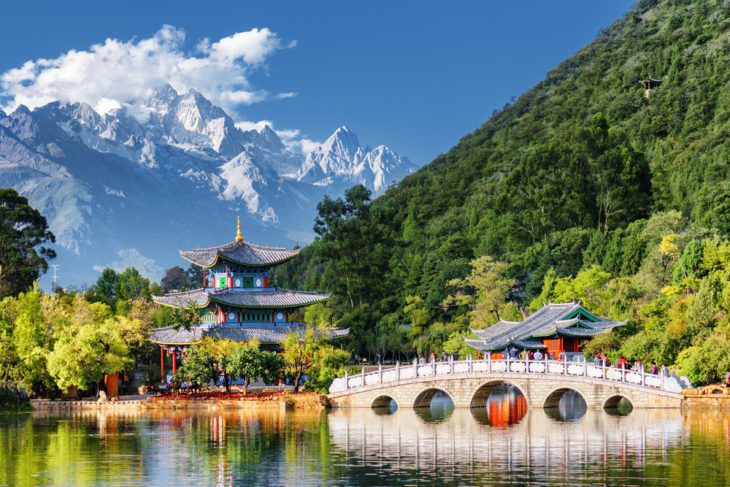
Natural resources form the backbone of our global economy, serving as the fundamental building blocks for a vast array of products, from basic materials to sophisticated end-use goods. These essential commodities lie beneath the Earth's surface, awaiting extraction from reserves.
Among these resources, we distinguish between renewable and non renewable categories. Renewables, such as solar, wind, and hydroelectric energy, possess a remarkable attribute: their supply remains unaffected by consumption. Conversely, non renewables like fossil fuels and mined metals have finite reserves, steadily diminishing as we extract them.
While natural resources are distributed worldwide, their deposits often cluster due to geological processes. This geographical variance in abundance underscores the significance of resource management on a global scale.
Statista compiled data on the ten countries boasting the most valuable natural resource reserves based on estimated total worth. These nations play a pivotal role in shaping the dynamics of the global resource landscape. Understanding their resource endowment is crucial in appreciating their strategic significance on the world stage.
Top 10 Countries with Most Natural Resources in the World
- Russia
- United States
- Saudi Arabia
- Canada
- China
- Iran
- Australia
- Brazil
- Venezuela
- Iraq
1. Russia
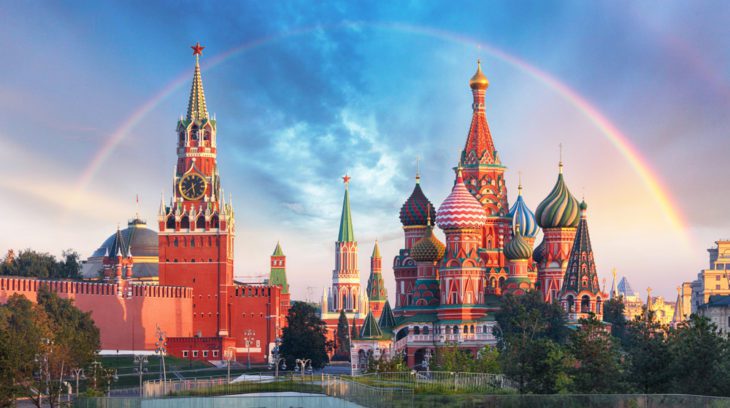
Russia boasts a staggering estimated worth of $75 trillion in natural resource reserves, as per Statista's evaluation. This valuation encompasses an array of invaluable resources, ranging from coal, oil, and natural gas to gold, timber, and rare earth metals. However, it's noteworthy that Russia's Ministry of Natural Resources and the Environment provided a substantially lower estimate of $910 billion back in 2019.
READ ALSO » Top 10 Countries With Least Natural Resources In The World
In the global landscape, Russia played a pivotal role as the third-largest crude oil producer, contributing to 12% of the world's supply in 2020. Further solidifying its position, Russia's confirmed oil reserves ranked as the sixth largest globally, with an estimated 107.8 billion barrels. This abundance of oil reserves underpins the country's significant influence in the global energy sector.
These figures underscore Russia's formidable presence in the realm of natural resources, making it a key player in the global economy and shaping the dynamics of resource markets worldwide.
2. United States
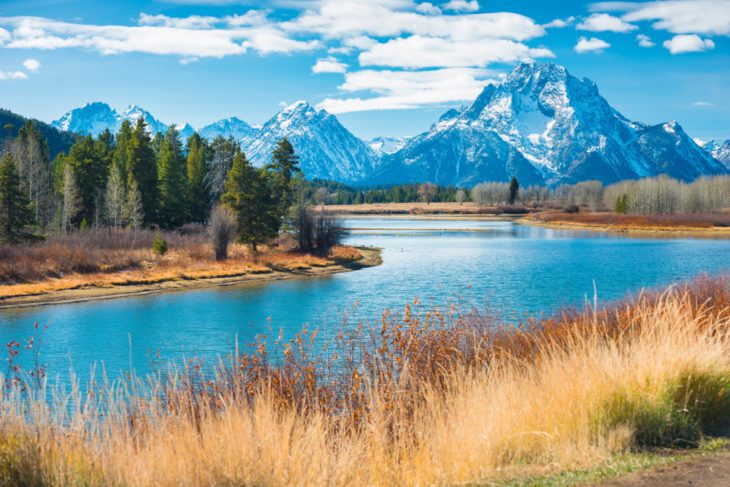
The United States, as the current global superpower, possesses natural resources estimated at a staggering $45 trillion. Notably, a significant 31.2% of the world's coal reserves are located within its borders. Moreover, the US is a dominant force in coal and timber resources, holding approximately 89% of the global share in these vital commodities.
Additionally, the United States stands proudly among the top five countries endowed with substantial reserves of copper, gold, and natural gas. This abundance further solidifies its economic and strategic significance on the world stage. The country's advantageous position extends to its expansive forested lands, providing a bountiful supply of timber, a crucial resource for various industries.
The United States' wealth of natural resources underscores its pivotal role in shaping global markets and influencing the dynamics of resource-dependent industries. This abundance contributes significantly to the nation's economic strength and geopolitical influence.
3. Saudi Arabia
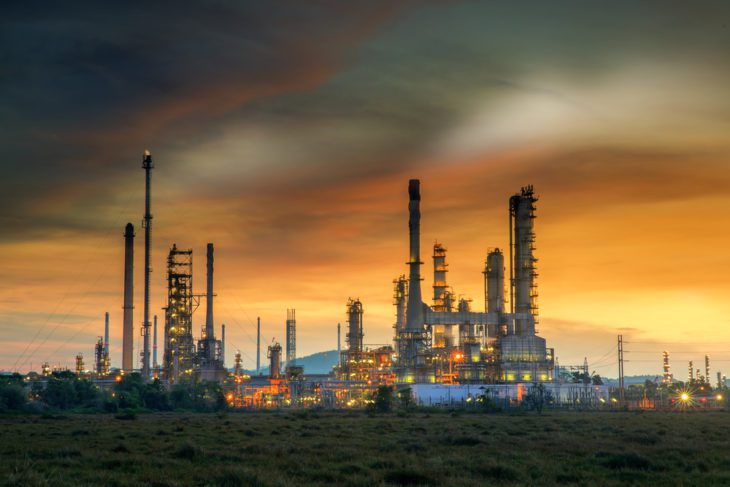
The Kingdom of Saudi Arabia is the heart and crown of the middle-east. Its natural resources and reserves are worth 34.4 trillion dollars. About 20% of oil worldwide comes from Arab land. Hydrocarbons which include gases and oils are the major source of the country’s power generation. At present, they are known to be the fifth-largest reservoir of natural gases.
4. Canada
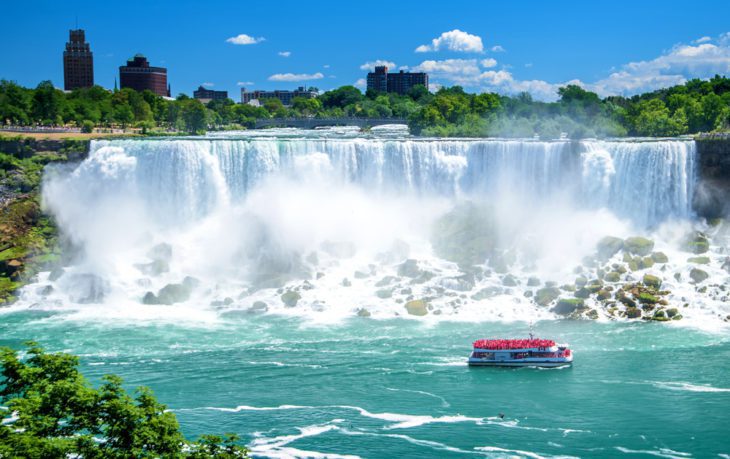
The value of Canada’s natural reserves is about 33.2 trillion dollars. The overall deposits of oil sands have led this country to be at number 4 on the list. The most recent statistics show that Canada has 178.1 billion barrels, which accounts for about 17.8%, constituting the overall world oil reserves, the second highest following Saudi Arabia. This country also has huge phosphate reserves and second largest Uranium, and they have the third-largest when it comes to the rate of timber production.
5. China
READ ALSO » Top 10 Most Visited Countries In The World 2024
This country is deemed among the century’s rising superpower. China’s total reserves amount to 23 trillion dollars. They are considerably rich in earthly minerals and coals. Their total coal reserves cover about 13% of the total coal deposits in the world. The Shale gas reservoirs which were discovered recently in China would increase the country’s revenue generation.
6. Iran
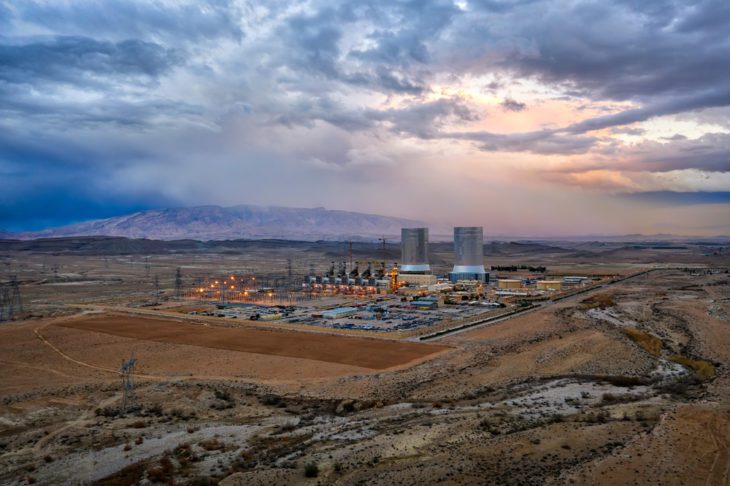
Since Iran and Qatar are located in one region, they also share the richest gas field reserve. Their natural resources are valued at almost 27.3 trillion dollars. Iran’s natural gas deposit is 16% of the world’s reserve. It is located over the Persian Gulf’s great Dome field gas reservoirs. Approximately 136.2 billion barrels are present in this country, which is more than 10% of the world’s oil.
7. Australia
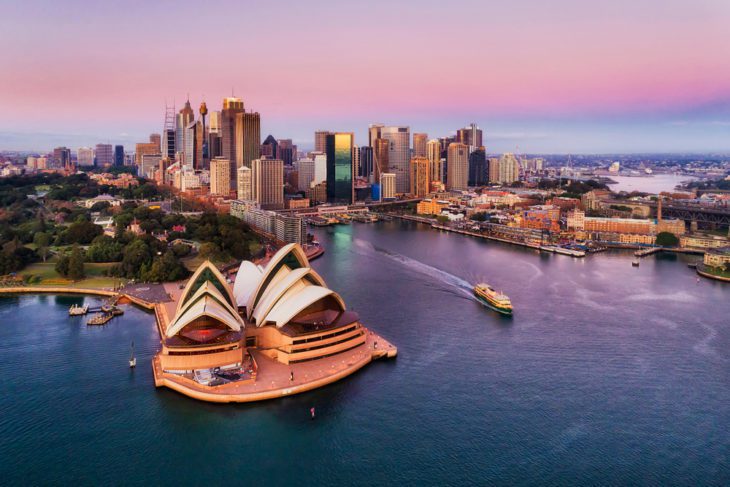
Australia, as a sovereign nation, derives its economic prosperity from a rich endowment of natural resources. Notably, the country boasts extensive reserves of timber, iron, copper, and coal, forming the backbone of its resource-driven economy. Moreover, Australia stands as a global powerhouse in gold production, possessing abundant reserves of this precious metal.
In addition to its mineral wealth, Australia holds a substantial reserve of natural gas, primarily located offshore. This vast supply not only fuels domestic industries but also establishes Australia as a key player in the global energy market. It's worth noting that Australia shares a portion of its offshore natural gas reserves with neighboring Indonesia, fostering regional cooperation and economic ties.
Australia's strategic position in the global resource landscape is a testament to its economic resilience and geopolitical importance. The nation's abundance of vital resources continues to be a driving force behind its economic stability and influence on the world.
8. Brazil
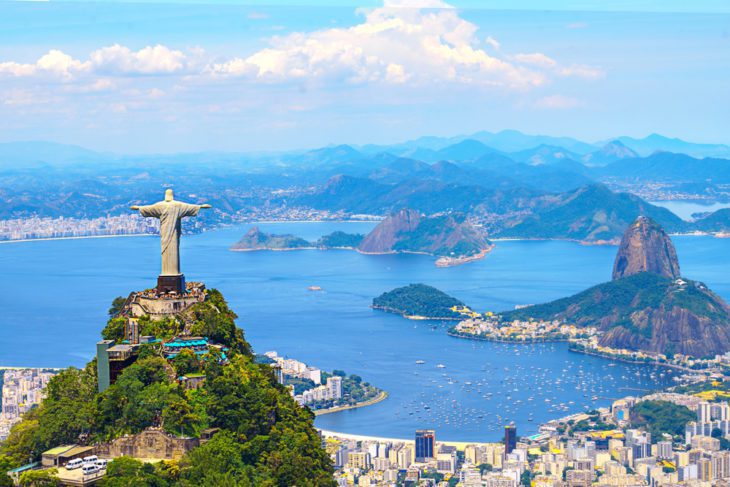
Brazil is among those countries that have a substantial proportion of Uranium and Gold reservoirs. They are the second country that has the most iron production. Timber is the country’s highly valuable natural resource. It provides nearly 12.3% of timber worldwide worth 17.45 trillion dollars. The total value of their natural resources is about 21.8 trillion dollars. Recently they explored a vast reservoir of crude oil which can come up with 44 billion crude oil barrels.
9. Venezuela
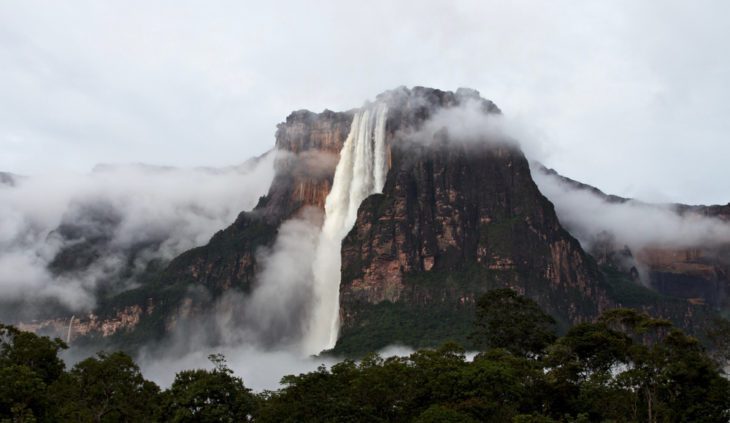
Venezuela with an overall reserve of about 14.3 trillion dollars. Because of their natural gas, this country is eighth on the list. It shares 2.7% of the oil supply globally. Venezuela is the world’s sixth-largest country when it comes to oil reserves that value about 99 billion oil barrels. This accounts for about 7.4% of the overall global supply.
10. Iraq
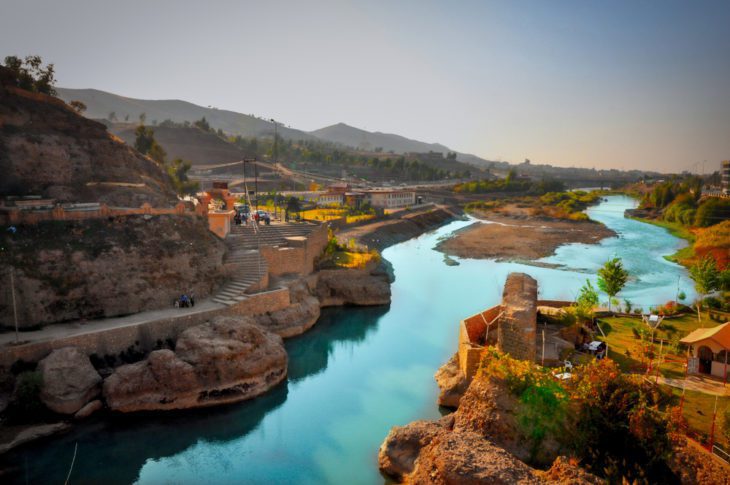
The oil deposit in Iraq is its major resource like some Gulf states, and its oil barrels reach about 115 billion, which shares about 9% of total reserves worldwide. Due to differences and influx of politics, the majority of the deposits are not yet exploited and left untapped. This country also has a vast reserve of phosphate rocks worldwide valued at 1.1 trillion dollars.
READ ALSO » Top 10 Most Ethnically Diverse Countries In The World
